Nourish Your Vision: Foods for Healthy Eyes
Our eyes are remarkable organs that allow us to perceive the world around us. To maintain optimal vision, it's essential to prioritize eye health through proper nutrition. In this blog post, we will explore the power of nutrition for eye health and discover the specific foods that promote healthy eyesight.
The Power of Nutrients for Eye Health
Our eyes rely on a variety of nutrients to function optimally and prevent age-related vision problems. Antioxidants, vitamins, minerals, and omega-3 fatty acids play pivotal roles in supporting eye health. Antioxidants protect against oxidative stress, vitamins maintain eye tissues, minerals contribute to vital eye structures, and omega-3 fatty acids aid in visual development.
Antioxidant-Rich Foods for Eye Health
Antioxidants are essential for protecting our eyes from oxidative damage caused by free radicals. Research suggests that a diet rich in antioxidants can help lower the risk of certain eye conditions. Leafy greens, such as spinach and kale, are excellent sources of lutein and zeaxanthin, two antioxidants that accumulate in the retina and help protect against age-related macular degeneration (AMD). Berries, such as blueberries and strawberries, are packed with anthocyanins, potent antioxidants that may help reduce the risk of cataracts.
Vitamin-Rich Foods for Eye Health
Vitamins are key players in maintaining healthy eyes and preserving vision. Vitamin A, for instance, is vital for good night vision, and a deficiency can lead to nyctalopia (night blindness). Foods rich in vitamin A, such as carrots, sweet potatoes, and pumpkin, can help ensure an adequate intake. Vitamin C, an antioxidant vitamin, supports the health of blood vessels in the eye and may reduce the risk of developing cataracts. Citrus fruits, bell peppers, and strawberries are excellent sources of vitamin C. Vitamin E, another potent antioxidant, may protect against age-related macular degeneration (AMD). Foods such as almonds, sunflower seeds, and spinach are rich in vitamin E.
Mineral-Rich Foods for Eye Health
Minerals also play crucial roles in maintaining healthy eyes. Zinc, for instance, helps transport vitamin A from the liver to the retina, contributing to good vision. Research suggests that zinc supplementation may slow the progression of age-related macular degeneration (AMD). Oysters, beef, and pumpkin seeds are rich sources of zinc. Selenium, an essential trace mineral, functions as an antioxidant and supports the health of the lens and retina. Brazil nuts, seafood, and whole grains are excellent sources of selenium.
Omega-3 Fatty Acids for Eye Health
Omega-3 fatty acids, particularly docosahexaenoic acid (DHA), are important for optimal eye health, especially during early development. Research suggests that omega-3 fatty acids may help prevent dry eye syndrome and reduce the risk of macular degeneration. Fatty fish, such as salmon, mackerel, and sardines, are excellent sources of omega-3 fatty acids. Plant-based sources include flaxseeds, chia seeds, and walnuts.
Incorporating Eye-Healthy Foods into Your Diet
To reap the benefits of eye-healthy foods, it's essential to incorporate them into your daily meals and snacks. Start your day with a spinach and mushroom omelet for a dose of lutein and zeaxanthin. Enjoy a colorful salad with mixed greens, berries, and nuts for a variety of antioxidants. Grilled salmon with steamed vegetables provides a combination of omega-3 fatty acids and essential nutrients for eye health. Be creative in the kitchen and explore recipes that incorporate these eye-healthy ingredients.
Conclusion
Prioritizing eye health through proper nutrition is a proactive step towards maintaining optimal vision. By including antioxidant-rich foods, vitamin-rich foods, mineral-rich foods, and sources of omega-3 fatty acids in our diet, we can support our eyes and reduce the risk of age-related eye conditions. Nourish your vision with a rainbow of fruits, vegetables, fish, nuts, and seeds, and enjoy the vibrant world around you for years to come.
Prioritizing eye health through proper nutrition is a proactive step towards maintaining optimal vision. By including antioxidant-rich foods, vitamin-rich foods, mineral-rich foods, and sources of omega-3 fatty acids in our diet, we can support our eyes and reduce the risk of age-related eye conditions. Nourish your vision with a rainbow of fruits, vegetables, fish, nuts, and seeds, and enjoy the vibrant world around you for years to come.

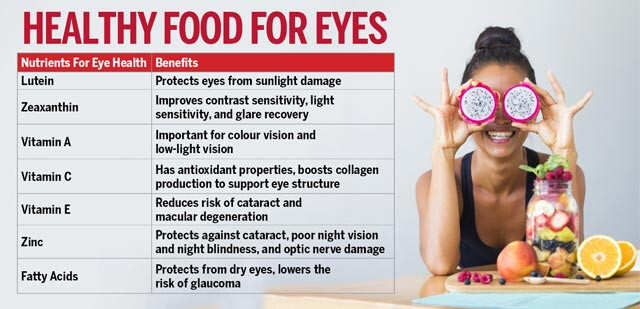
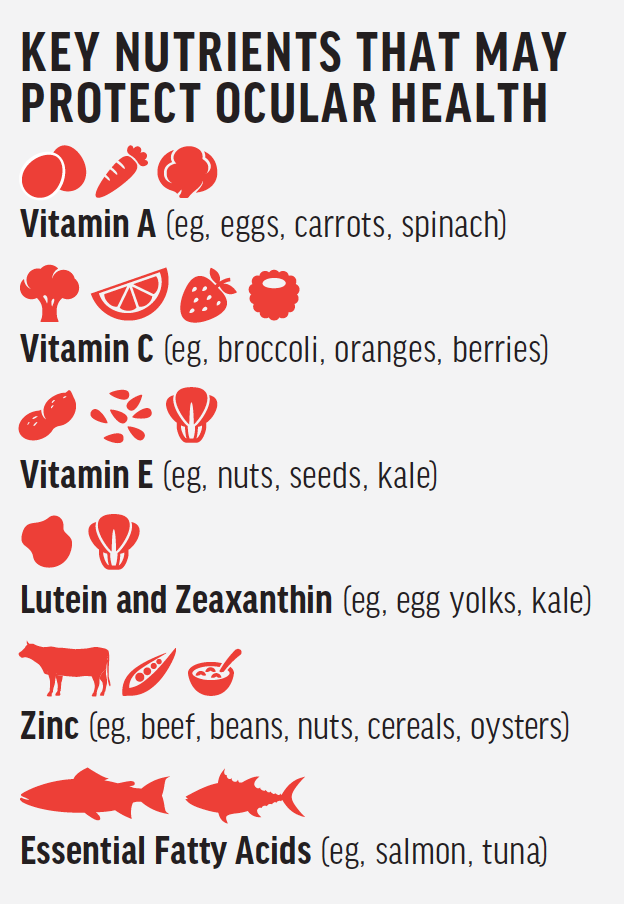
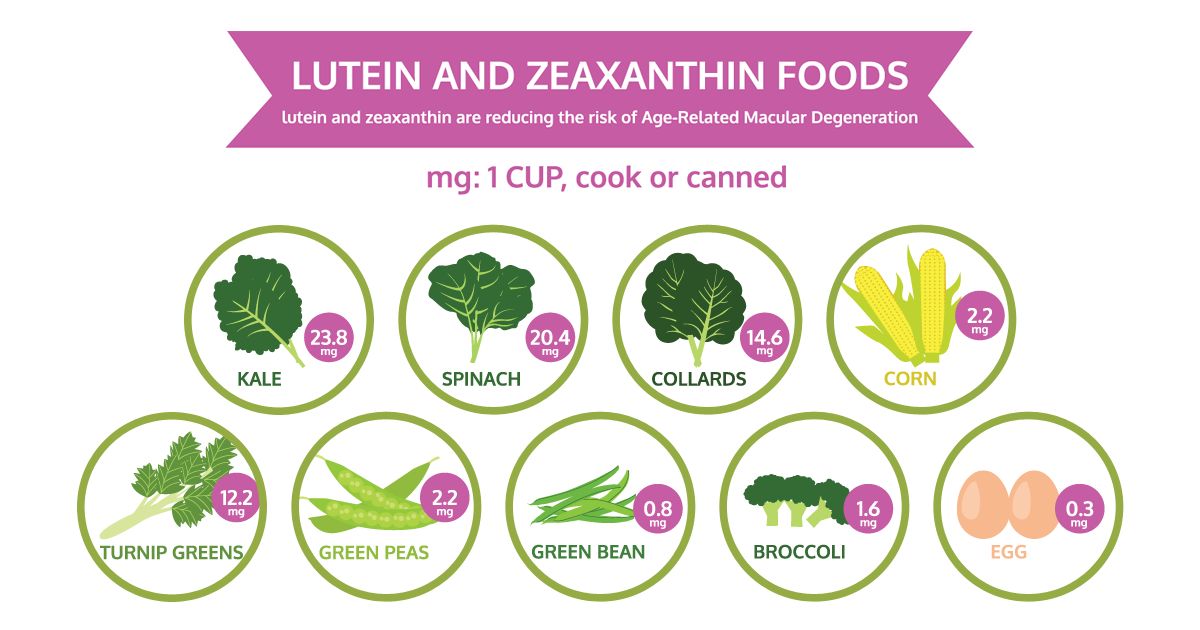
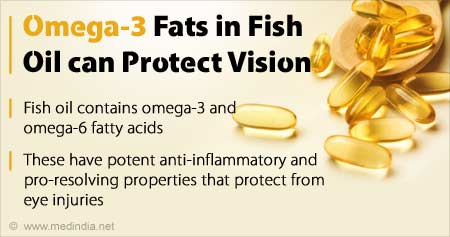
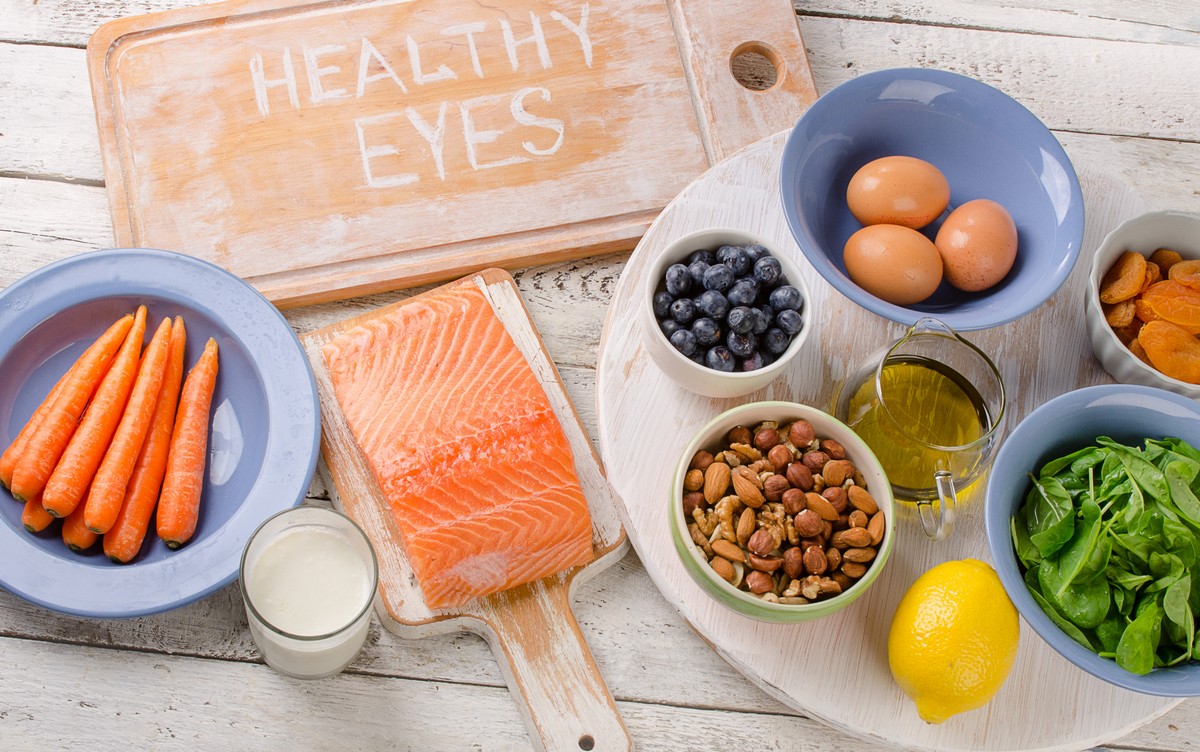

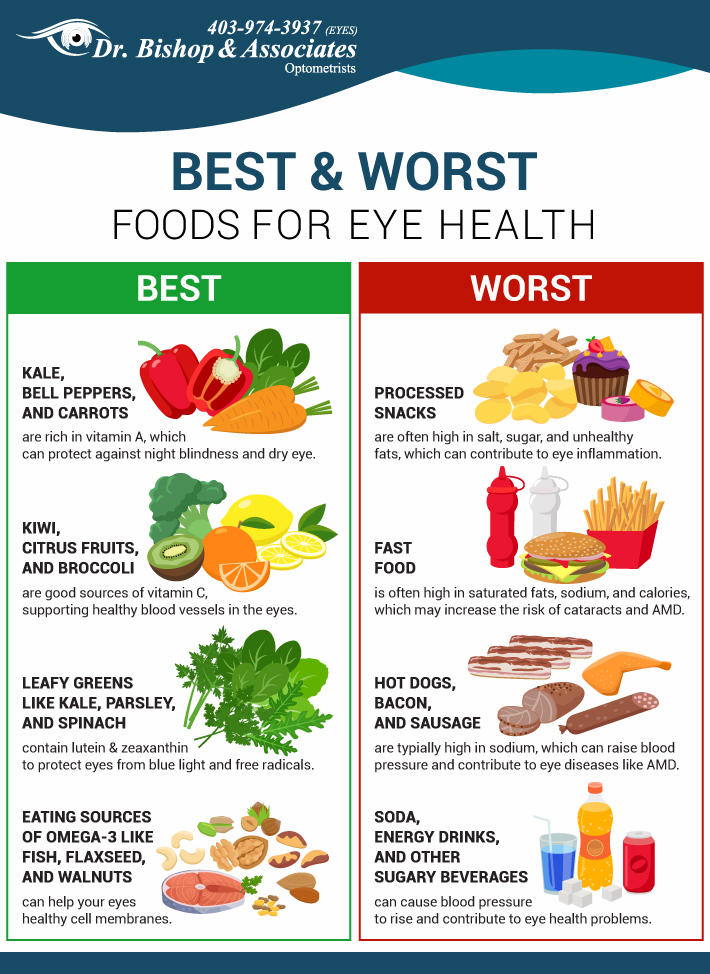
:max_bytes(150000):strip_icc()/the-best-foods-for-dry-eyes-5206099_final-a61ca51d67a149d199dbe7e108f13326.jpg)

Comments
Post a Comment